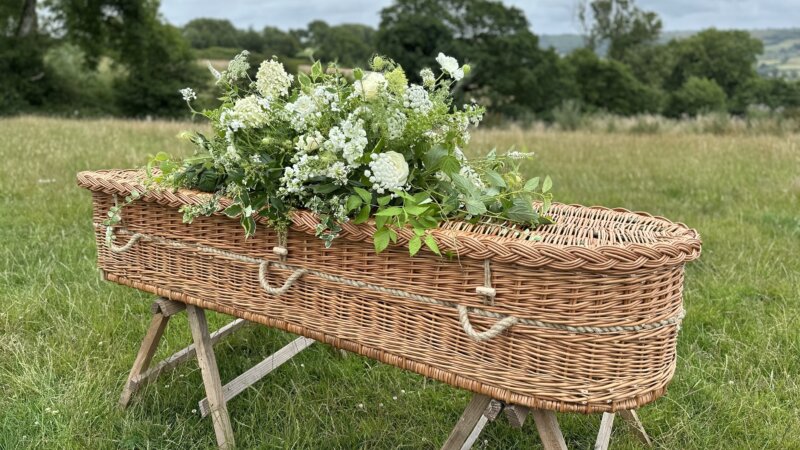Ageing: Sheffield is getting older
Like most of the UK and Western Europe, Sheffield is getting older. Sheffield already has a larger proportion of older people than most of the major cities in the UK, with 32% over the age of 50 and 18% over the current retirement age. That proportion is expected to rise still further, with the biggest increase in those aged over 85. There are now 11,800 people in the 85+ age group, but by 2030 it is projected to be around 21,000.
Alongside climate change, this ageing ‘time bomb’ is arguably one of the most significant challenges we will face over the next century. It’s likely that younger generations will need to work longer and save more in order to enjoy a decent standard of living in their retirement. In the shorter term, there are serious concerns around how the city will be able to take care of its older population, particularly given the accompanying projected increases in conditions like dementia.
Alongside these grave warnings from charities and policymakers, another story has emerging about the positive impacts of an ageing Sheffield. We need to look beyond the stereotypes – golfing trips and SAGA holidays, bridge tournaments and bowls, burdensome hospital bed blockers – to understand how the city shapes the quality of life of everyone as they grow older.
Research has shown that as people age, their immediate neighbourhood – as a place to walk, shop, socialise and access services – becomes increasing important. The strength of the ‘grey pound’ has helped to support thriving local centres with a choice of independent shops, cafes and pubs, things that benefit everyone, no matter how old you are. Retirees also make up a significant proportion of the volunteers in the city, with their efforts helping to maintain local parks and green spaces, manage local sports teams or run lunch clubs for those ‘oldest old’. It has been suggested that tackling social isolation and loneliness will play an important role in keeping older people well in the future, and these types of voluntary activity should be recognised as an important win-win.
Ageing is a very different experience depending on where you live in the city, an issue that was highlighted in September’s issue of Now Then. Take any bus from south-west to north-east Sheffield (53, 97, 83) and you pass through areas with dramatically different life expectancies – up to ten years difference for women. Poverty affects everyone, but social and financial inequalities are particularly stark in older age. Where the better-off may have benefited from rising property prices and improved health outcomes, there are many who struggle to remain independent and to make ends meet. People in the poorest parts of the city also have a higher chance of developing mobility problems, chronic disease or sensory loss in later life.
What’s also noticeable about Sheffield’s social geography on these bus routes is the lack of visibility of older people at the heart of the city. The expansion of the two universities has brought large numbers of apartments for students and young professionals into the city. These developments have arguably come at the expense of a more diverse and inter-generational city centre, with specialist ‘retirement villages’ often marginalised on the outskirts. While many older people have traditionally looked towards a quiet retirement on the coast or in the countryside, this stereotype is rapidly being challenged. This is demonstrated by the many successful examples of age-friendly city living in other European countries, where older communities are connected to a wider range of local shops, cafes, cultural attractions, transport links and social opportunities.
Within this discussion we often forget that we will all be old one day (well, most of us anyway). Not only do our own current attitudes and behaviours influence how we will be able to age in the future, but the decisions we take now about the future development of Sheffield will shape our own quality of life as we get older. Life expectancy is rising, and the nature of what old age looks like is rapidly changing. The decision of how and where to live in later life will always depend on individual circumstances and lifestyle choices, but there are strong arguments for ensuring that the older population are placed right at the heart of society, local neighbourhoods and the city.
The DWELL research project at the University of Sheffield is looking to develop new ideas for housing and age-friendly neighbourhoods in the city.
)




